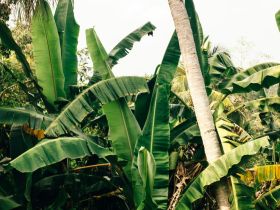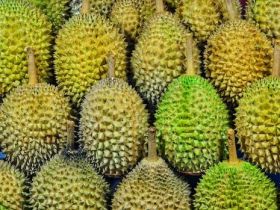Developer lists first Thai biochar project, sells credits at $125/t
Quantum Commodity Intelligence - A Bangkok-based carbon project developer has registered Thailand's first-ever biochar carbon dioxide removal (CDR) project, records from Switzerland-based registry Carbon Standards International showed on Monday.
The news comes just a few days after a separate developer commissioned Canada's first biochar CDR plant, underlying the rapid spread of the technology globally.
Wongphai collects unwanted bamboo offcuts from local markets and turns them into biochar, using 'artisanal' kontiki kilns and digital monitoring, reporting and verification tools developed by Sweden-based company Planboo.
Khomchalat Thongting, Wongphai's co-founder, told Quantum his company started in the information technology business, before moving over time to bamboo production and usage and now also to biochar production and CDR credit generation.
The company has sold its first CDR credits for between $125 per tonne of CO2 equivalent (tCO2e) and $145/tCO2e over-the-counter.
Wongphai works with around 50 collective farming groups located within a 2-50 kilometre range of its production facility, near Prachinburi to the east of Bangkok, in order to minimise transportation costs.
The biochar is then distributed back to local farmers for free and a small portion is used in construction projects at the production site, although Thongting hopes that eventually, he will be able to charge farmers for the biochar.
The company is already working on an industrial facility that will undergo registration under Finnish registry Puro.earth as well as on other types of biochar feedstocks, such as cassava, with up to a million tonnes of biomass waste available each year in the areas where it operates.
It has also investigated a separate biochar project near Chiang Rai, which "has the potential to be 100 times larger than our current site."
"We're hoping to build a minimum of five facilities over the next few years as there are many sunk costs like auditing that can be much better absorbed with a larger footprint," Thongting told Quantum.
The Prachinburi project expects to generate 32,000 CDR credits over the next five years.
Wongphai said the project employs "elderly individuals and women, while encouraging young people to remain and work within their communities, reducing urban migration," and also results in less open burning of bamboo offcuts, thus reducing air pollution.
Widespread agricultural burning, notably in Thailand's north, often result in a thick smog in the early months of the year, while some Thai cities are among the world's most polluted, according to globally recognised air quality platforms.
Photo credits: Khomchalat Thongting, Wongphai





